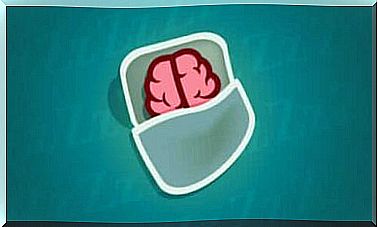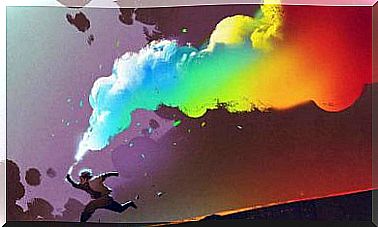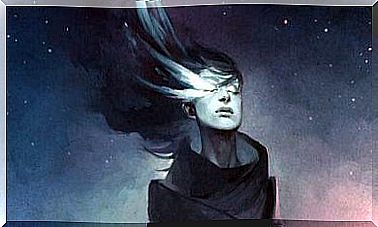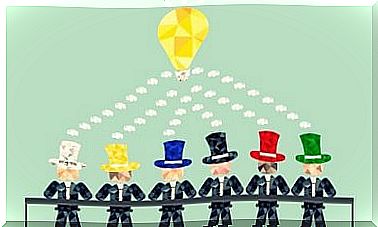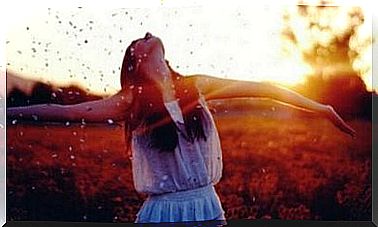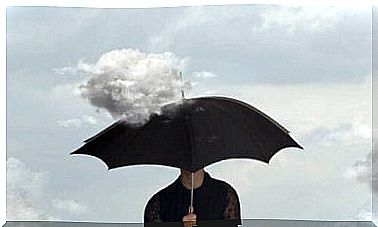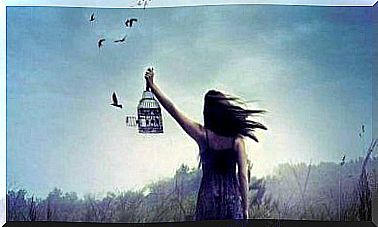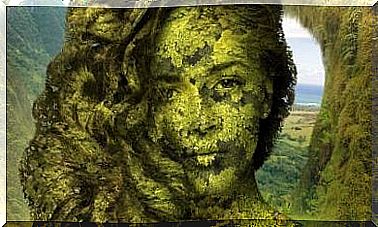Coincidences And Opportunities
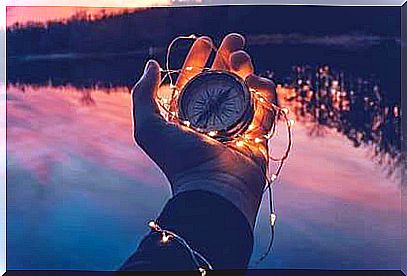
Some coincidences and opportunities are not considered by many to be mere coincidences. In their view, this is an introduction to destiny, a synchronicity of small things, which is often astonishing because no logical explanation can be found for the event. Each of us has certainly experienced something like this in one way or another. Although science questions the significance of such events, there is one indisputable fact associated with them.
Coincidences bring with them valuable opportunities to reflect on oneself and one’s environment. For example, when in the middle of our busy daily lives we suddenly come across a childhood friend in a bookstore who came there to buy exactly the same book as ourselves, the world seems to stop for a moment and we can forget the pressures, routines and responsibilities.
Such a surprise is an awesome getaway from reality we can’t help but focus on appreciating this amazing coincidence. We let the unexpected wrap us up in our embrace as we enjoy the magic.
But there is something even more important about this: every coincidence opens the door to opportunity. It is a spark of destiny that everyone must interpret openly, intuitively, and creatively to give it meaning and see supernaturalism in it.
Coincidences and possibilities what does science say?
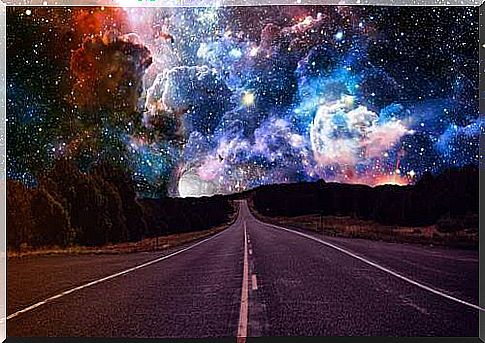
Josh Tenenbaum of the Department of Brain and Cognitive Sciences at the Massachusetts Institute of Technology says that coincidence is a strange paradox. At first glance, they appear to be relatively irrational. But if there’s one thing science admits, it’s that a large portion of the most amazing discoveries usually come from amazingly random events.
As contradictory as this may seem, science has always been very interested in these types of events. For example, mathematicians Persi Diaconis and Frederick Mosteller conducted a study in 1989 to describe a method by which they could analyze coincidences. They showed that while truly significant coincidences happen only rarely, they do happen. They also stressed that coincidences are such only in the eye of the beholder.
In other words, only those who are able to appreciate the supernaturalism hidden in coincidences and turn them into opportunities can take advantage of what life brings. This was described by Carl Jung as syncorines. According to this Swiss psychiatrist, some events are interrelated, and not necessarily through cause and effect alone. There are times when external events happen according to our inner feelings and needs at each moment.
Coincidences are opportunities to act
Marc Holland is a psychologist and one of the authors of the book “ Synchronicity: Through the Eyes of Science, Myth, and the Trickster ” with an interesting view on the subject. He says that these phenomena arise because they would arouse emotions in us. All of these events leave a mark on us and make us ponder the mysteries of life.
Imagine this simple example. A few months ago, you met the person you were interested in on the course. However, you did not have the opportunity to chat with him. Several months later, you still remember his face. Then suddenly, one beautiful afternoon, you see this person some distance away while shopping at the mall.
Anxiety is the first thing caused by such a meaningful coincidence (or synchronicity that connects an inner desire to an external event). Then there is restlessness and repressed emotions that make you not know how to react. If you do nothing, you will unfortunately miss a good opportunity. An unexplored and untapped opportunity is like an unopened letter: you never get to know what fate had in store for you.
Do we create coincidences and events ourselves?
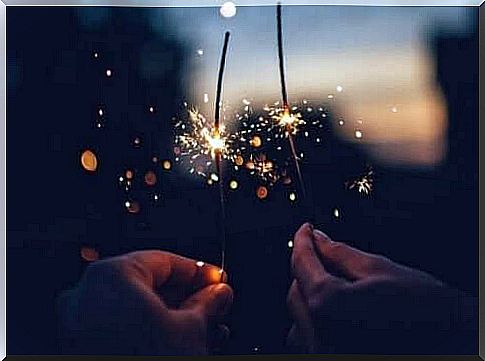
A few decades ago, many psychiatrists around the world, as well as doctors, scientists, economists and journalists, created the Serendipity Society, whose goal is quite clear: they want to better understand coincidences as a phenomenon.
But where they already get lost is that coincidences are created. What happens before us depends on our personality, openness and curiosity, our ability to perceive and appreciate relevant events. Thus, a person who almost never looks around, who rarely deviates from routines, and who has an inflexible mind, will never appreciate this phenomenon.
This once again proves the idea of mathematicians Persi Diaconis and Frederick Mosteller that chance is in the eye of the beholder. Carl Jung, on the other hand, defended the unusually Mundus theory (the term is Latin and means “one world”), according to which the psychic and material worlds are in fact the same entity. That is, the observer and his reality would therefore be the same thing.
Summary
What scientists do not deny, with the exception of Jung’s theories, is that coincidences arise because we sometimes make them possible. If the researcher didn’t do the experiments, there would be no great opportunities. If we stayed at home and did not look at the world with childlike curiosity, confidence, and openness, we would not be able to appreciate the magic of chance.
However, remember one simple rule: coincidences happen so you can take advantage of the opportunities they offer.
